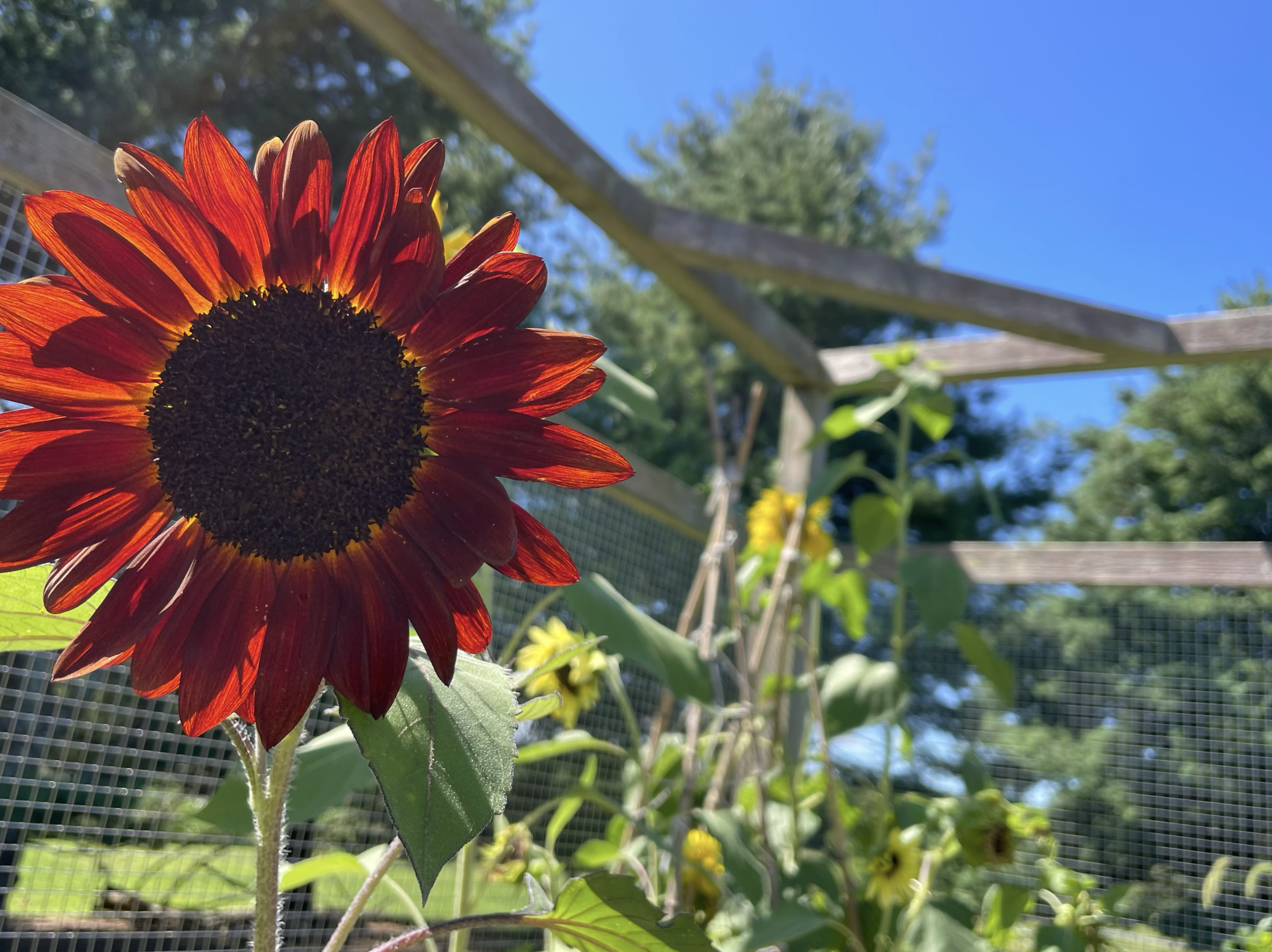
By Julie Mountcastle, Head of School and Chief Innovator
Head of School Blog
Slate School’s Foundational Values
Sanjiv Chopra has identified four fundamental habits for happiness: Friends, Forgiveness, For Others, and Gratitude. While we recognize that the goal of happiness may be challenging in that it is sometimes a misleading moving target, we also know from our own work that no one does better at anything when they are feeling badly about themselves. Therefore, insofar as we recognize these habits as wholly positive and good for the entire community, we have adopted them as values for our Slate School Community.
The Slate School community of educators work collaboratively to create and support the social and emotional health of our whole school population. Because of this close working relationship, it has been critical that all members have ample opportunity to consider and imagine this work. Both for ourselves and for our students, we have made certain that these values are indeed foundational, and yet to this point, have been left fairly undefined. Once these ideas were fully explored and discussed, then the ideas for implementation began to organically grow. In collaborative learning communities, these steps are essential. So often, educators and administrators struggle to maintain buy in for new programs. This, I think, is largely a function of not having ample time to include everyone in the process.
Our community at Slate School recognized the beauty and simplicity of Sanjiv Chopra’s foundational values, and we began to find amazing ways to incorporate them in the life of the school and in our own lives as well. We chose to share the tenets with our students one at a time. We revealed them and talked about the meaning of the word first. Then, we continued by asking the children how the particular value might look here at Slate School or in their homes. We had an avalanche of ideas, and the conversations were spirited and passionate. We next imagined how these ideas might look if we took them to the wider world. Throughout the rest of the day, children identified instances of the value that we had explored that morning. Often in our day, a student motions for the whole community to stop and pay attention to someone or something. At Slate School, we call these poetry moments. On the days when we were thinking about the tenets, we had many poetry moments to notice and note their use in action. Once we had explored each of the four tenets, we created small posters for each, and all of the members of the community of learners signed them. We framed them and prominently displayed them on the wall of the classroom right above the cubbies. When visitors come to Slate School, the children often point out the posters and the tenets: Friends, Forgiveness, For Others, and Gratitude.. When we read books, the children often identify the instance of, or in some cases the sore lack of, one of the tenets.
I can see that it is very helpful for children to have touchstones for their behavior and as expectation for the behavior of others. Though still somewhat ephemeral, the discovery process gave solidity to the tenets for the children in unexpectedly profound ways. Their defining of each tenet gave them the same type of ownership that we previously sought in the adult learning community. It is yet another reminder that the children often need a similar process for understanding as adults, and vice versa. Perhaps the most important take away from this practice is how certain the children became about the inherent goodness of these tenets. While remembering and referring to these seemingly simple practices, the children became confident that together we can create and sustain a community of kindness that embodies what we hope for the whole world. I'm not sure there is any teaching or learning that can surpass this understanding.